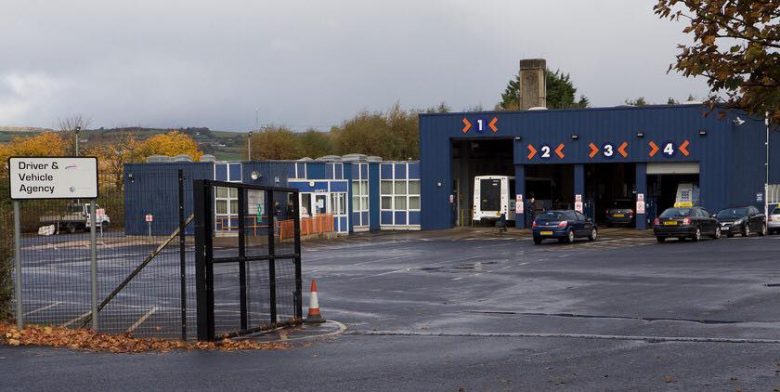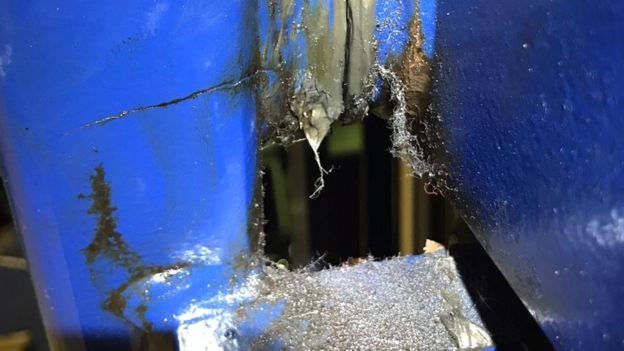
DVA and MoT centre at Newbuildings in Derry
The temporary exemptions will apply to private cars first registered between 1 June 2019 and 31 May 2020 or between 1 June 2017 and 31 May 2018, which have a valid MOT certificate issued by the Driver and Vehicle Agency (DVA).
It’s thought around 115,000 cars will be eligible for the certificate, which will come into effect from June 1, 2024, and will be automatically processed by the DVA.
This allows motorists to continue to legally drive their vehicles as long as they are roadworthy and are taxed and insured.
Motorists in the North of Ireland are currently waiting up to 72 days to secure an MOT here.
Delays to the service began in late 2019 when cracks were found in vehicle lifts across at MOT centres across the North.
A report later found cracking in 48 out of 55 lifts.
The Covid-19 pandemic in March 2020 also caused a further backlog when testing centres were shut down.
Mr O’Dowd said on Tuesday: “DVA staff have been working around the clock to tackle an increasingly high demand for MOT tests due to a growing population, a higher proportion of households with access to a vehicle and more older cars on the road.
“In each of the last two years, the DVA conducted more than 1.1 million vehicle tests – the highest numbers ever recorded. Indeed, there were just seven days in 2023 when the DVA did not offer MOT appointments.
“A recruitment process is under way to help fill vacancies across DVA’s network of test centres and efforts have been made to reduce the number of no shows – approximately 50,000 customers failed to attend a booked appointment in each of the last two years, which places additional demand on this service.
“Unfortunately, despite these best efforts, waiting times remain high.
“TECs will give the DVA time to relieve exceptional pressure on the system by completing the recruitment process and progressing new MOT centres at Hydebank and Mallusk, which will provide the capacity to test more than 200,000 additional vehicles annually.

A picture of a crack in a lift at one of the vehicle test centres in the North of Ireland obtained by BBC NI News In January 2020
“By introducing TECs, I have sought to strike the best balance between improving service delivery and minimising any risk to road safety.
“As road users we all have a personal responsibility to behave in a way that keeps ourselves and others safe and, regardless of TECs, it remains our responsibility to ensure our cars are in a roadworthy condition.”
The Minister has also confirmed he will consider launching a public consultation on Biennial MOT testing (testing every two years for private cars, light goods vehicles under 3,500kg and motorcycles), subject to resources being available across the Department.
Tags:




